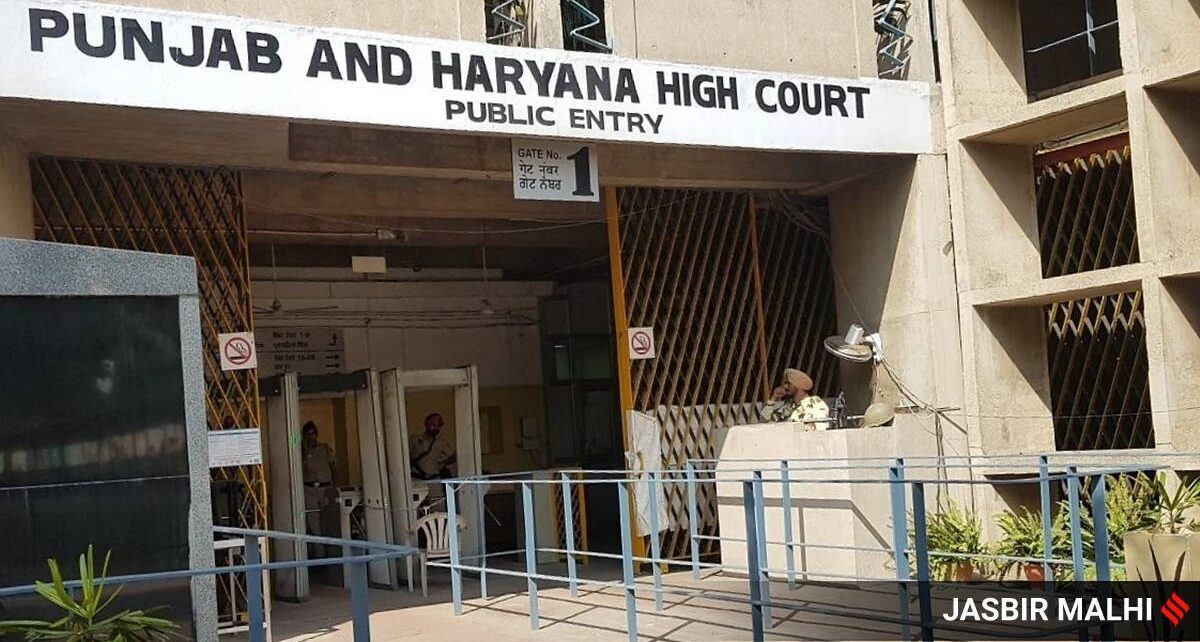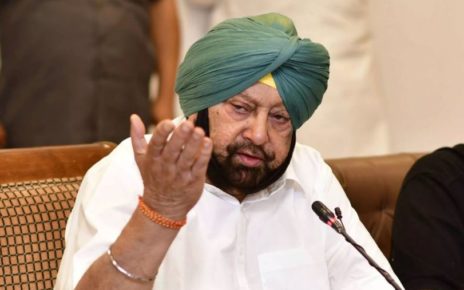The Punjab and Haryana High Court on Friday upheld the Chandigarh administration’s law mandating private unaided schools to upload balance sheets on their websites, which would ensure transparency and aid in achieving the goal of preventing profiteering and charging of capitation fee.
The Bench ruled, “Each institute has the freedom to fix its own fee structure while taking into consideration the facilities and infrastructure. The institutes are also permitted to generate surplus funds, which they can use for the betterment and growth of the educational institutions. However, at the same time, the institutions cannot be permitted to indulge in profiteering or charge capitation fee.”
The ruling came as Bench of Justice Jaswant Singh and Justice Sant Parkash dismissed a bunch of petitions filed by the Independent Schools’ Association of Chandigarh, a body of 78 private schools, and Kabir Education Society against the Union of India and other respondents. They had moved the high court last year, challenging various provisions of Punjab Regulation of Fee of Unaided Educational Institutions Act, 2016, as extended to the Union Territory of Chandigarh.
The plea was filed after the UT administration issued show-cause notices to schools, asking as to why penalties should not be imposed against them for not uploading balance sheets for the last financial year. Their contention was that the uploading of income and expenditure accounts, and balance sheets, on the website had no rationale. The schools were already submitting financial information to the authorities concerned.
The Bench asserted the 2016 Act extended to Chandigarh was enacted by Punjab to provide for the constitution of regulatory body to provide a mechanism for regulating fee of unaided educational institutions, besides related matters and incidental issues. Section 18 said every unaided educational institution was to maintain proper accounts of fees and charges.
“The right to privacy is primarily for the individuals. Though the right to privacy is also available to artificial entities, but since the field of education is a charitable occupation, we do not find any reason to hold that uploading of the financial statements on the websites of the private educational institutions in any manner will breach the right to privacy,” the bench said in its 107-page judgment.




